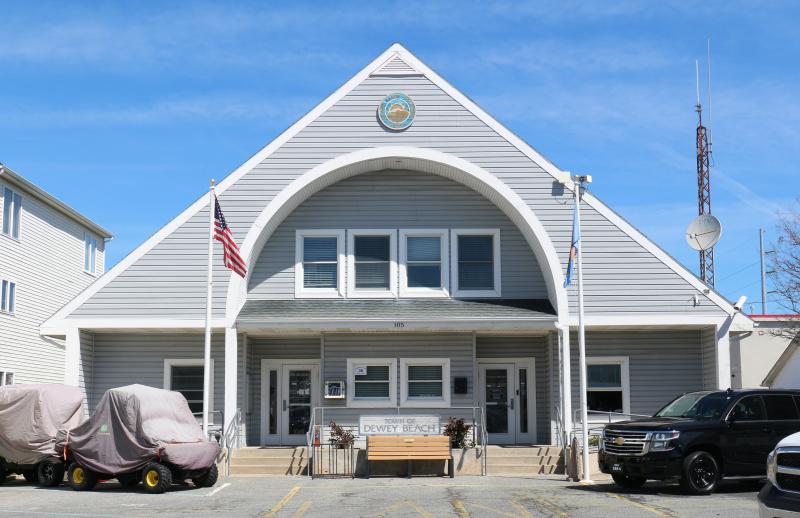Dewey dispenses with last item from military surplus program
When Dewey Beach officials return a Humvee to the military Monday, Oct. 28, the town will have dispensed with the last remaining item obtained through its participation in the Law Enforcement Support Office program.
Police Chief Constance Speake said officers have not used the Humvee in the nearly two years she has overseen the department. The town had been an active participant in the federal surplus equipment program since at least 1999.
“After we return it, we will no longer be active,” Speake said.
The LESO program was authorized in 1997 to transfer excess Department of Defense property that might otherwise be destroyed to participating law enforcement agencies. Such items include clothing, office supplies, tools, rescue equipment, vehicles and small arms.
More than 8,800 law enforcement agencies, including most agencies in the Cape Region, have been enrolled in the program, according to the Defense Logistics Agency.
A 2017 report by an attorney hired by the town to investigate employee allegations against a former town manager found the police department had not reported to town officials money received from selling surplus military material it had obtained through the LESO program.
The report generated controversy among residents and officials, with questions about who knew the extent of Dewey’s participation in the LESO program and demands for accountability. While some commissioners said they knew the police department participated in the program, they said they were not aware that revenue from the sale of items acquired through the program wasn’t being accounted for.
In 2018, town commissioners voted unanimously to dispose of any remaining unused items acquired through the program. A 2019 audit showed that the town possessed 2,187 items procured through the program, and in September of that year, the town netted $186,000 from an auction of most of the remaining items.
September stats
Speake also detailed department statistics for September, which included 557 calls for service, 199 traffic enforcement hours, 168 traffic citations, 23 parking citations, 22 criminal arrests, nine crashes, two civil citations and one DUI.
In response to Commissioner Elisabeth Gibbings’ question regarding the monthly tally of arrests for urinating in public, Speake cited three arrests, down from a season-high 57 arrests in July.
“That has gone way down, which is a good thing for all of us,” she chuckled.




















































